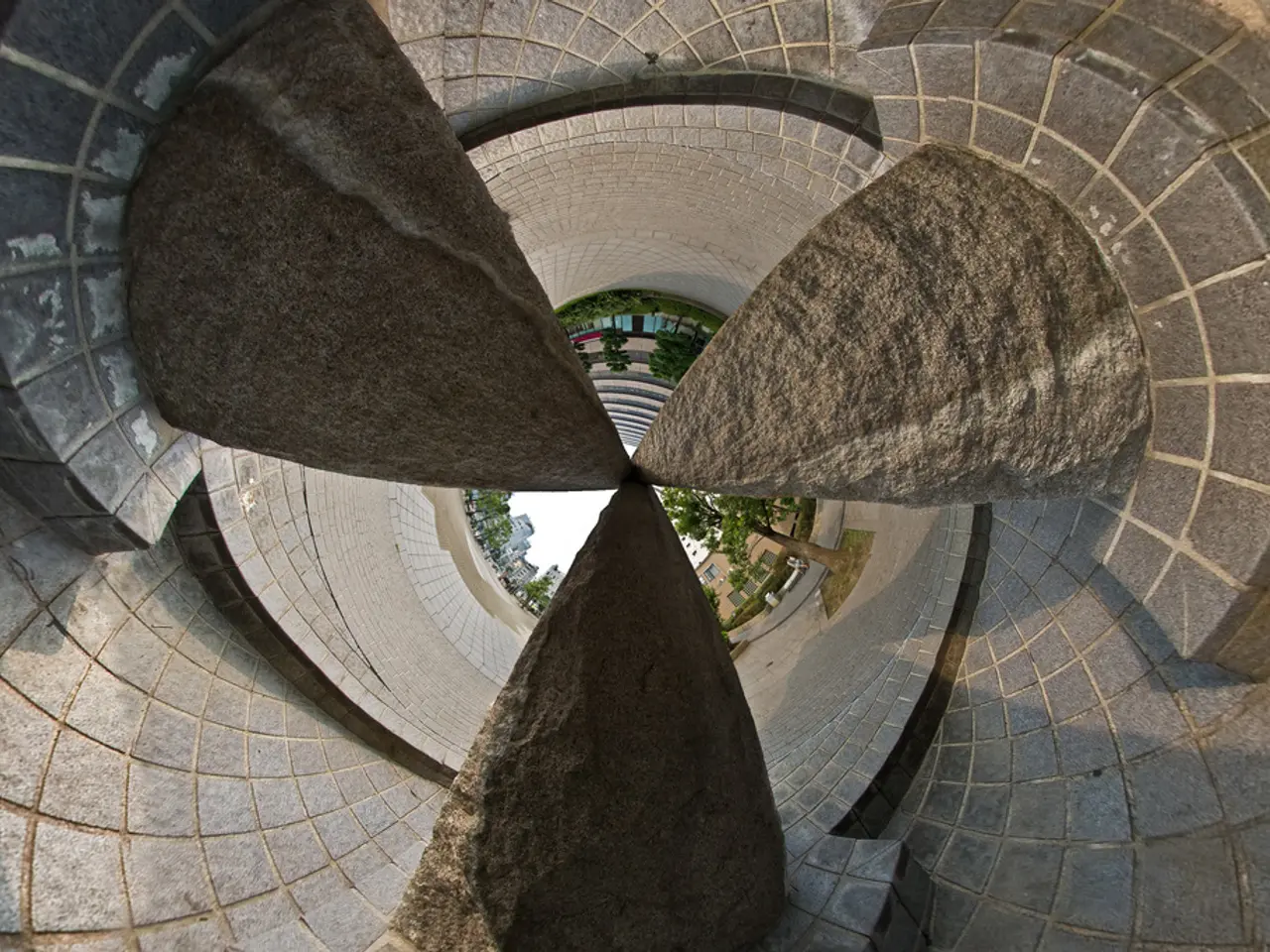Shifts in the horror genre favor psychological thrillers, potentially diminishing the impact of traditional horror films.
In recent years, the horror genre has undergone a significant transformation, moving away from traditional visceral shocks and towards more nuanced storytelling and character development. This evolution is particularly evident in the rise of psychological horror, a subgenre that delves deep into the complexities of the human mind.
The Roots of Psychological Horror
The roots of psychological horror can be traced back to classic films like Alfred Hitchcock's Psycho (1960), which introduced complex characters and intricate plot twists, setting a precedent for psychological depth in horror movies. This shift from simple scares to more cerebral storytelling marked the beginning of a new direction for horror films.
The Influence of Existential Dread
Psychological horror films often explore themes of existential dread, forcing viewers to confront deeper questions about reality and morality. Examples of this can be seen in films like The Thing (1982) and Hereditary (2018), which combine psychological tension with horror elements to create a chilling and thought-provoking experience.
The Impact on Modern Horror
The influence of psychological thrillers is evident in modern horror films, which now incorporate more nuanced storytelling and character development. This can be seen in films like Get Out (2017) and A Quiet Place (2018), which balance raw horror elements with thought-provoking themes and character-driven narratives.
Elevated Horror and Social Commentary
Modern psychological horror films often fall under the category of "elevated horror," where deep psychological insights are intertwined with traditional horror elements. These films explore themes such as family trauma, isolation, and the blurring of reality, adding depth to the genre. Additionally, many psychological horror films use their storytelling techniques to embed social commentary, as seen in Get Out, which uses psychological horror to critique racism and social inequality.
Character Development and Atmospheric Tension
By focusing on character development, modern psychological horror films create a sense of empathy and investment in the characters' fates. This makes the horror elements more impactful, as viewers are more emotionally invested in the characters' survival and psychological states. Atmospheric tension is also becoming a common element in modern horror films, such as "Hereditary" and "The Babadook," which create an unsettling atmosphere to build tension and suspense.
In conclusion, the psychological thriller genre has greatly influenced the horror film landscape by introducing deeper storytelling and character complexities, which are now integral to many successful horror films. This shift towards psychological horror signifies a maturation of the genre, inviting audiences to explore the shadowy corners of the mind and confront their deepest fears.
Read also:
- Today's most impactful photographic moments
- Support for Eric Adams in The Post's Letters to the Editor on August 13, 2025
- Roosting Shark and Rambunctious Red Squirrels: Unconventional House Rental in Yorkshire Involving Aquatic Marvel, Squirrely Mayhem, and Mystical Planning Regulations
- Jenna Ortega mastered Bach's cello suites for the popular Netflix program, 'Wednesday'







